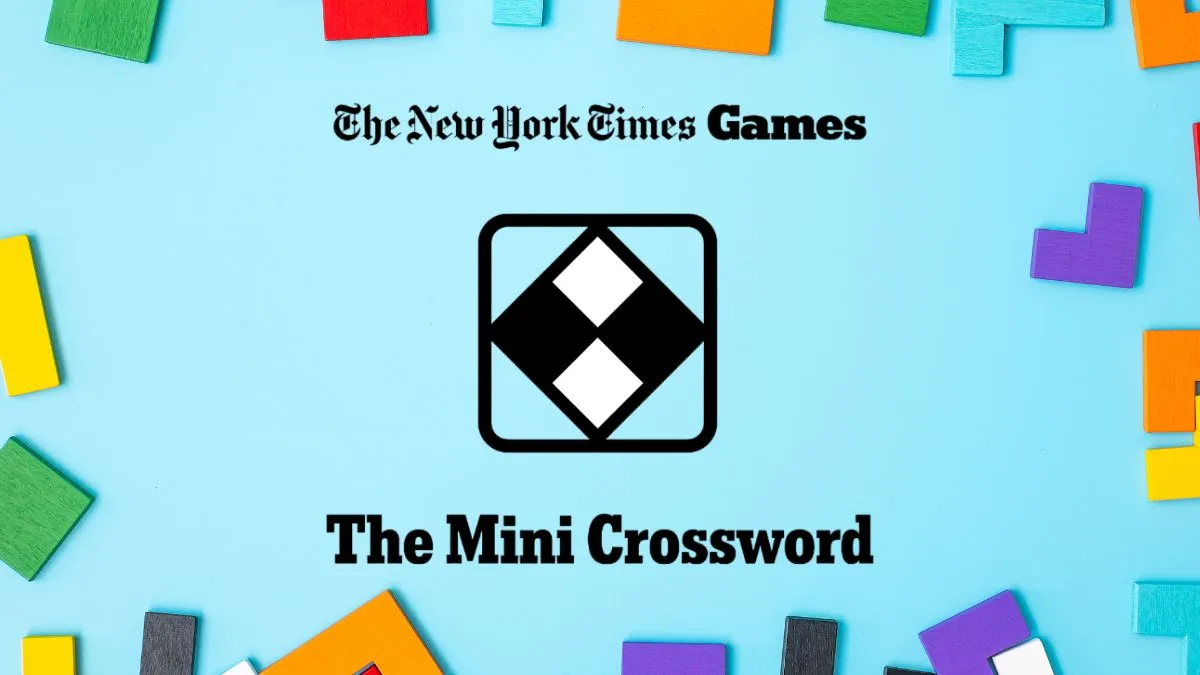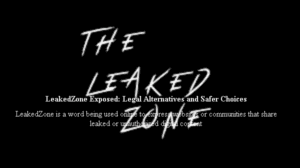Solving ‘Pesky Little Twerp’: A NYT Crossword Mini Guide
The NYT crossword with its amusing clue, crossword play and challenge minutiae, it more than just a hobby for crossword fans, it is a daily routine. One clue that has both puzzled and amused investigated the expressions “pesky little twerp” ; it may be shown on comments in crossword puzzles; it repeatedly results briefly in the response.
Clue that consist of comicality and challenge as “pesky little twerp,” are notable. They force you to look at your culture knowledge and terminologies to understand creatively. In hand small NYT crossword puzzles where editors recommend you faintly use humorous phasing this type of clue is very predominant.
Sometimes this type of clues like “Pesky little twerp” boost your crossword solving ability, what level of your experience. It teaches you who to use the word selections, tone and problem structure all of which are crucial for solving the grid.
To understand the meaning of “pesky tiny twerp,” typical solutions that recommend who to solve the related hints will be understood in this article. In this blog will share detail understanding of the puzzle, skills where you are stuck or inquisitive.
Understanding the Clue
The NYT crossword play frequently shares puzzles to solvers like clue “pesky tiny twerp”. This specific clue can be challenging if you don’t know the tone because it uses slang and informal language. However, little twerp is a chance even humorous affront directed at someone small or annoying usually a newer or young person “pesky” in crossword terminology or someone being difficult.
Cultural illustration and dual meanings of NYT Crossword signs are significantly supportive for players. An outdated clue still working for usage which is “twerp” sometimes annoying or unimportant. Throughout the word “little” is frequently used lately to refer to anything or something small, it also uses immature or inexperienced players. When united, the idiom creates the imagination of a naughty or obnoxious child.
A common reply to understand the information is a brief word, such as “imp,” “brat” or “pest”. These results are not only explaining but also full of personality, which is with NYT crossword witty tone. Players can raise their solution ability and more accurate guesses for writing solutions by dividing the clue’s language and context.
Common Answers in NYT Crosswords
In the NYT crossword puzzles “Pesky tiny twerp” clue has standardized solutions that come with passage of time. These solutions are briefly witty, and based on the amusement or old language make them ideal for crossword puzzles that require minimum personality.
Most of the time “imp” is one of the repeatedly given answers. These words explain the small demonic creature or a naughty child. This puzzle is considered favorable because of its capturing images of someone who is annoying causing trouble.
“Brat” is one of the famous answers, explaining a failed or loathsome child, which is another obvious fit for the tone of the puzzle. In a confident puzzle solution “Pest” may be utilized. While, it is not more considered as “Imp” is not less the symbol to someone who is in a horrible or difficult situation. It perfectly reflects the spirit of a “twerp”. Sometimes it reflects the puzzle, alternative words such as “Tot” or “Urchin” may be suitable depending on letter counts.
When we focus on puzzles we understand the solution frequently helps you to understand these types of problems in New York crossword puzzles. The tone and word count the hint lead toward straight to the correct response.
Why it’s a Popular Clue
A common term in NYT crossword “pesky little twerp” a mixture of humor, nostalgia and awareness of attitude. These types of players are frequently used in crossword play to understand the solution when upholding a happy-go-lucky enjoyable problem. It is a conspicuous tip, which is exactly what makes it memorable.
Players always thrive for crossword puzzles challenging clues, these clues “pesky little twerp” depending on the solution . It is enjoyable particularly when the solution contains terms like “Imp” or “brat”. These clues we do not even use every day but can easily focus on.
This hint strikes a harmony since it follows the traditional play format, which includes concise results, casual tone and imagination on wordplay. It distinguishes itself from more conservative and makes completing crossword puzzles more entertaining and diverse. Simple to say “pesky little twerp” is known due to witty, recognizable and little cheeky exactly the types of wordplay puzzles that fans love. It examines your language while adding individuality to the grid.

Tips for Solving Similar Clues
When undertaking the unusual crossword clue “pesky little twerp” helps to understand the tone. If the clue sound is playful or mocking it mostly leads to informal or slangy answers. Words like “imp” “brat,” or good to guess when a sign suggests someone annoying or mischievous.
Always hold the answer if the puzzle reflects the 3 word answers like “imp” or “tot” might fit. For the 4 letters like “brat” or “pest” would be easy to choose. Use the available boxes, use them to eliminate the incorrect options and verify exactly what guess you have to solve the clue.
In crossword clues mostly depending on common themes or repeated wordplay. Phrases like “maddening child” “mischievous figure”, or “little rascal” all point to a similar type of answer. Keep intellectual figures of these possibilities as they come frequently in puzzles like the NYT crossword. In the end, don’t be worry to guess. The beautiful frame of the NYT crossword is in its layered clues. Even if you are uncertain, one correct word can help to solve the rest of the puzzle.
Final Thoughts on the ‘Pesky Little Twerp’ NYT Crossword Clue
With creative and rare clues like “pesky little twerp” the NYT crossword puzzle never fails to test solvers. These types of hints offer the puzzle solution process a playful edge while enhancing vocabulary through comedy or context. Understanding these expressions will greatly enhance your figures and confidence toward solving the crossword play.
Short idiomatic words like “imp” “brat” “pest” come to mind when you see a clue like this; these are all common word play answers. These words are magnificent for crossword play, these sign mischief or irritation in abbreviations and perfectly signal of the clue.
Those who are playing regularly are able to identify these phrases and quickly understand where to link them. So quick solutions enhance the satisfactions of solving problems and increase life-long learning and mental acuity.
You will be able to know about the clue as such as “pesky tiny twerp” in the NYT crossword is not a joke for beginners. But smart wordplay is waiting to solve next time very quickly, whenever you encounter it. Continue to solve the problem and delight the experience!














Post Comment